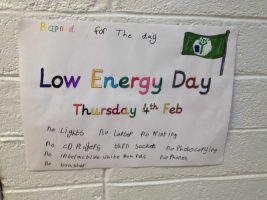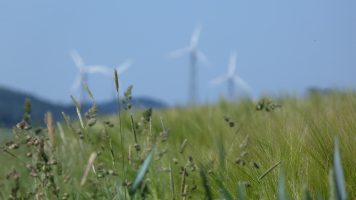Let’s be smart and save water this summer! Join us in celebrating Water Saving Week! Designed in collaboration with Design For Good, the campaign features short-form videos with actionable tips …
Limerick School Project SeaKeepers explore the rocky shore at Lahinch! 1st class at Limerick School Project were the lucky winners of this year’s SeaKeepers Project and Green-Schools Marine team were …

Scoil Íde is a girls primary school located in Artane, Dublin. There are 185 students and 20 teaching staff. They were awarded their Green Flag for Energy in May 2016.

Moneygall National School is a mixed primary school in Offaly. There are 70 students and five teaching staff. They were awarded the Green Flag for Energy in May 2016.

The committee includes teachers, the caretaker, and at least one student from each year. Students and staff volunteer each new school year, while any members from previous school years can remain on if they wish.

St Marys Woodside N.S is located in Sandyford, Co Dublin. The school has approximately 27 Teachers and 254 students. They achieved their second flag for Energy in May 2022.
Green-Schools, An Taisce Environmental Education Unit. Registered Charity Number: CHY 4741 / CRA No: 20006358 / Company No: 12469

